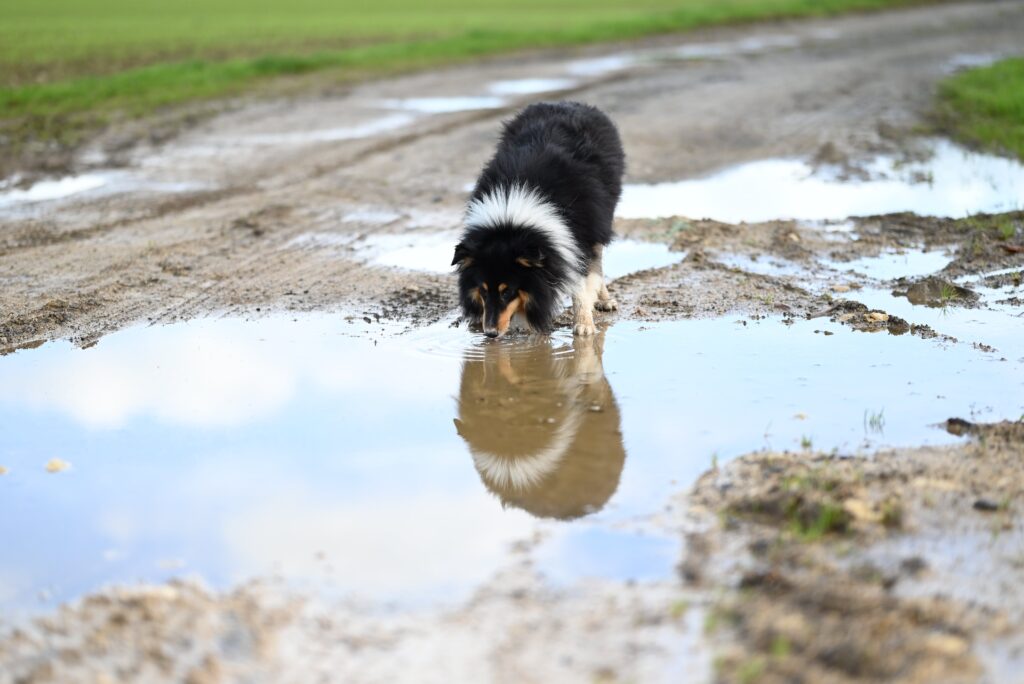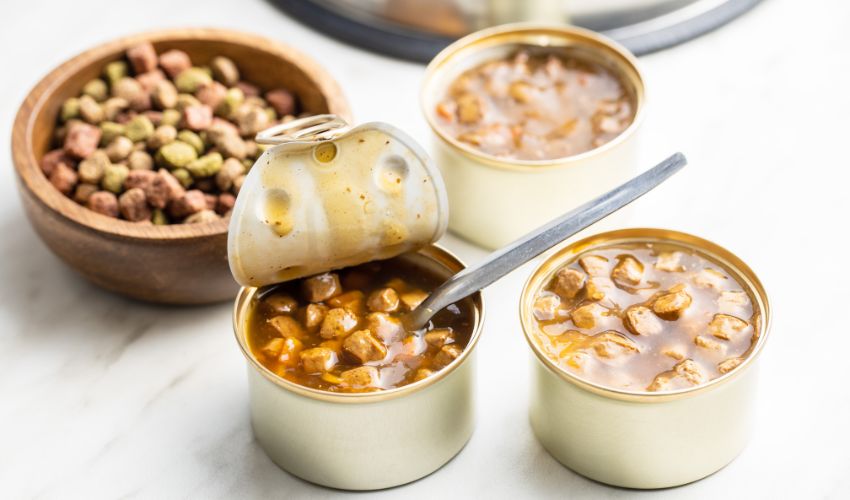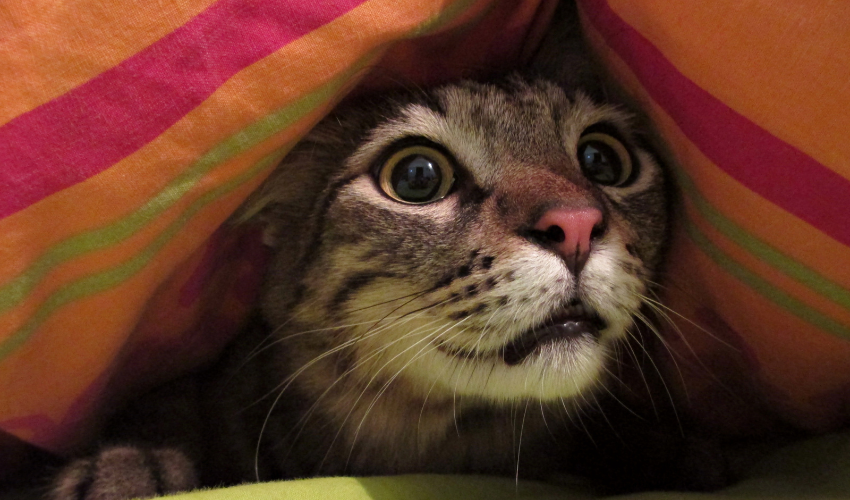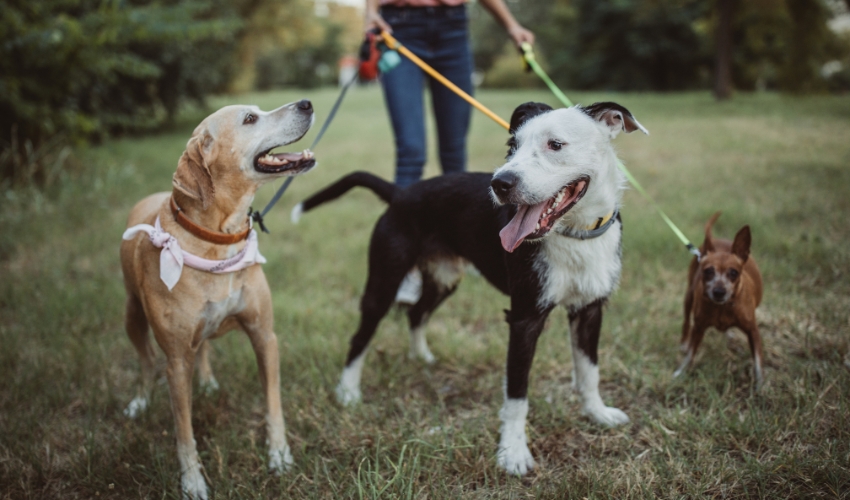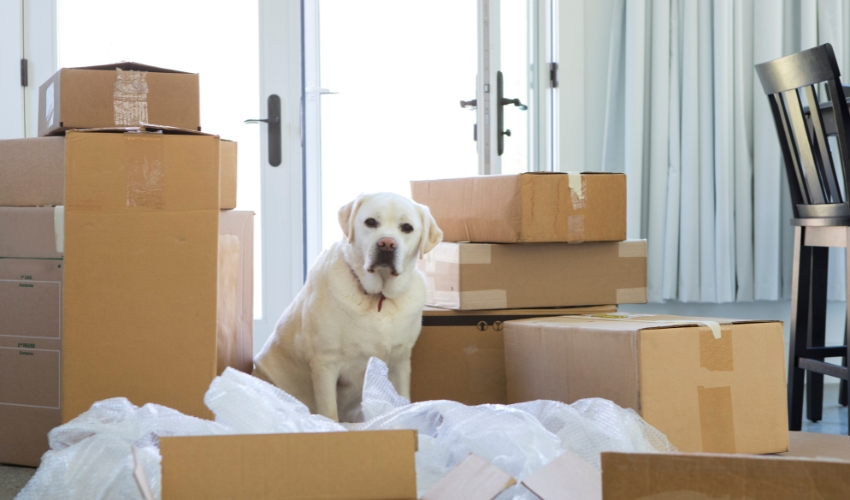What is Dehydration in Canines?
Dehydration in your canine companions is a serious condition that should never be ignored. According to the American Kennel Club, dehydration occurs when a dog’s body loses more water than it takes in, and there isn’t enough water in the dog’s blood stream. When this happens, electrolytes in the body become unbalanced, which negatively impact the ability of muscles and internal organs to function normally.
Is it normal for dogs to gain and lose water throughout the day? The answer to this is, yes. As a matter of fact, your pooch loses water in their system just by panting, breathing, urinating, defecating, and evaporation through paws. All these contribute to a normal water loss, which your pooch can compensate for by simply eating and drinking. However, if their body loses more fluid than they’re taking in, that’s when dehydration comes in. Learn more about dehydration, its signs, and how to keep your pooch hydrated at all times in this blog article.
What Are The Signs of Dehydration in Your Canine Companions?
- Loss of Skin Elasticity: To check for loss of skin elasticity you can gently pinch a fold of skin on the back of your pup’s neck or between their shoulder blades. In a well-hydrated pooch, the skin should quickly snap back into place. If your pooch is dehydrated, the skin will be slow to return to its normal position
- Dry Gums and Mucous Membranes: Gently lift your pooch’s lips and examine their gums. In a properly hydrated pooch, the gums should be moist and pink. However, in a dehydrated pooch, they may have dry or sticky gums, and the color may appear pale or white
- Sunken Eyes: Dehydration can also affect your fur baby’s eyes, causing it to appear sunken or dull. Normally, your fur baby’s eyes should be bright and clear.
- Lethargy: Dehydrated fur babies may become lethargic and show a lack of energy or interest in activities.
- Reduced Urination: Have you noticed that your fur baby is not peeing that much? If your pooch is not producing urine or if their urine appears dark yellow and concentrated, it could be a sign of dehydration.
- Panting: Have you noticed your pooch panting excessively? Excessive panting, especially if it is not related to exercise or heat, can be a sign of dehydration.
- Loss of Appetite: Some of our four-legged companions may lose their appetite or show disinterest in food when they are dehydrated.
- Vomiting and Diarrhea: If your fur baby has been vomiting or is experiencing diarrhea persistently, then be on guard because it can lead to dehydration if fluids are not replaced promptly.
- Increased Heart Rate: Dehydration can cause an increase in the heart rate as the body tries to compensate for the lack of fluids. According to Dr. McCullough, a standard heart rate for dogs is 60 to 140 beats per minute (BPM). In order to check your fur baby’s heart rate, you can place your hand on your pup’s chest and count the number of beats for 15 seconds, then multiply that number by four.
- Weakness and Collapse: In severe cases, dehydration can lead to weakness, collapse, and even shock. If this happens, this is a medical emergency and requires immediate veterinary attention.
How To Keep Your Canine Companions Hydrated At All Times
Ensuring that your fur baby stays well-hydrated is essential for their overall health. Here are some tips on how you can help keep your fur baby healthy and hydrated:
- Provide Fresh Water: Always have clean and fresh water available for your fur baby. Regularly check their water bowl to make sure that it is full. You may also consider placing multiple water bowls around your home or in different areas of your yard where your pooch can easily see and access them.
- Monitor Water Intake: Pay attention to how much your pooch is drinking on a daily basis. You can do this by checking how many times you have refilled their water bowl or check how much water is left on their water dispenser. Changes in water consumption can be an early sign of health issues.
- Ice Cubes or Frozen Treats: Keeping your fur baby hydrated doesn’t always have to be just about giving water. You can spice things up by putting ice cubes in their water bowl or offer it as a separate treat. Some pooch also enjoy frozen treats made with water, low-sodium broth, or diluted fruit juice.
- Wet Dog Food: Incorporate wet dog food into your fur baby’s diet. Wet dog food contains higher moisture as compared to dry kibble. By doing this, you can contribute to their overall water intake.
- Hydrating Foods: Include hydrating food or treats in your fur baby’s diet, such as water-rich fruits and vegetables. However, make sure to check the toxicity list before giving your pooch any fruit or vegetable. Safe water-rich fruits include cantaloupe, cucumbers, oranges, and strawberries, while safe water-rich vegetables include celery and carrots. You can give it to them as it is or turn the fruit/vegetable into popsicles for an extra-tasty treat.
- Shade and Shelter: When outdoors, make sure that your canine companion has access to shade and shelter, especially during hot weather because direct sunlight can lead to dehydration.
- Carry Water on Walks: Going for a walk with your best bud? Don’t forget to bring a portable water bowl or water bottle when taking your pooch for a walk. This is especially important during warm weather or if you’re planning to go on a longer walk.
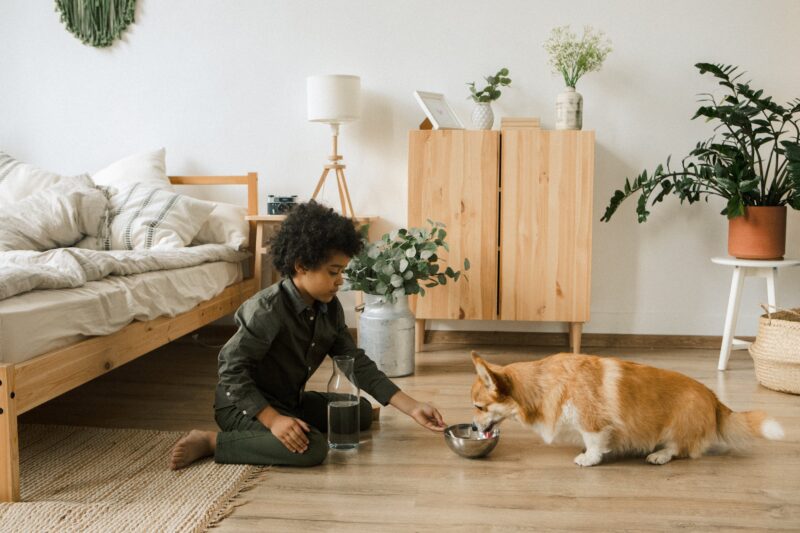
Dehydration is not something to be treated lightly. Dehydration can cause severe issues with your fur baby’s internal organs, body temperature, joints, and digestion. If left untreated, dehydration can cause serious organ damage and even death.
If you suspect that your canine companion is dehydrated, it is crucial to seek veterinary care. Dehydration can be caused by various factors, including illness, heat, or insufficient water intake, and addressing the underlying cause is important for the well-being of your pet. Always consult with your trusted veterinarian for proper diagnosis and treatment.

